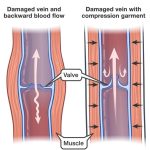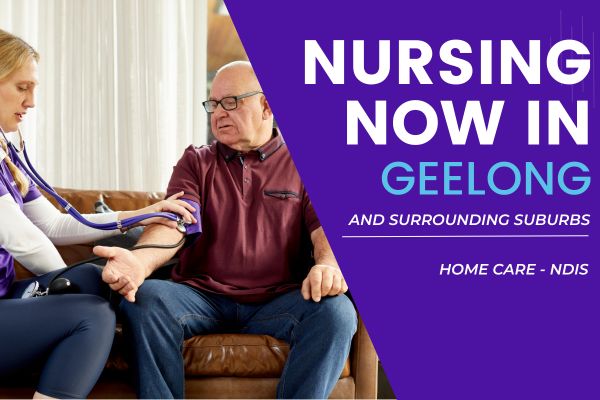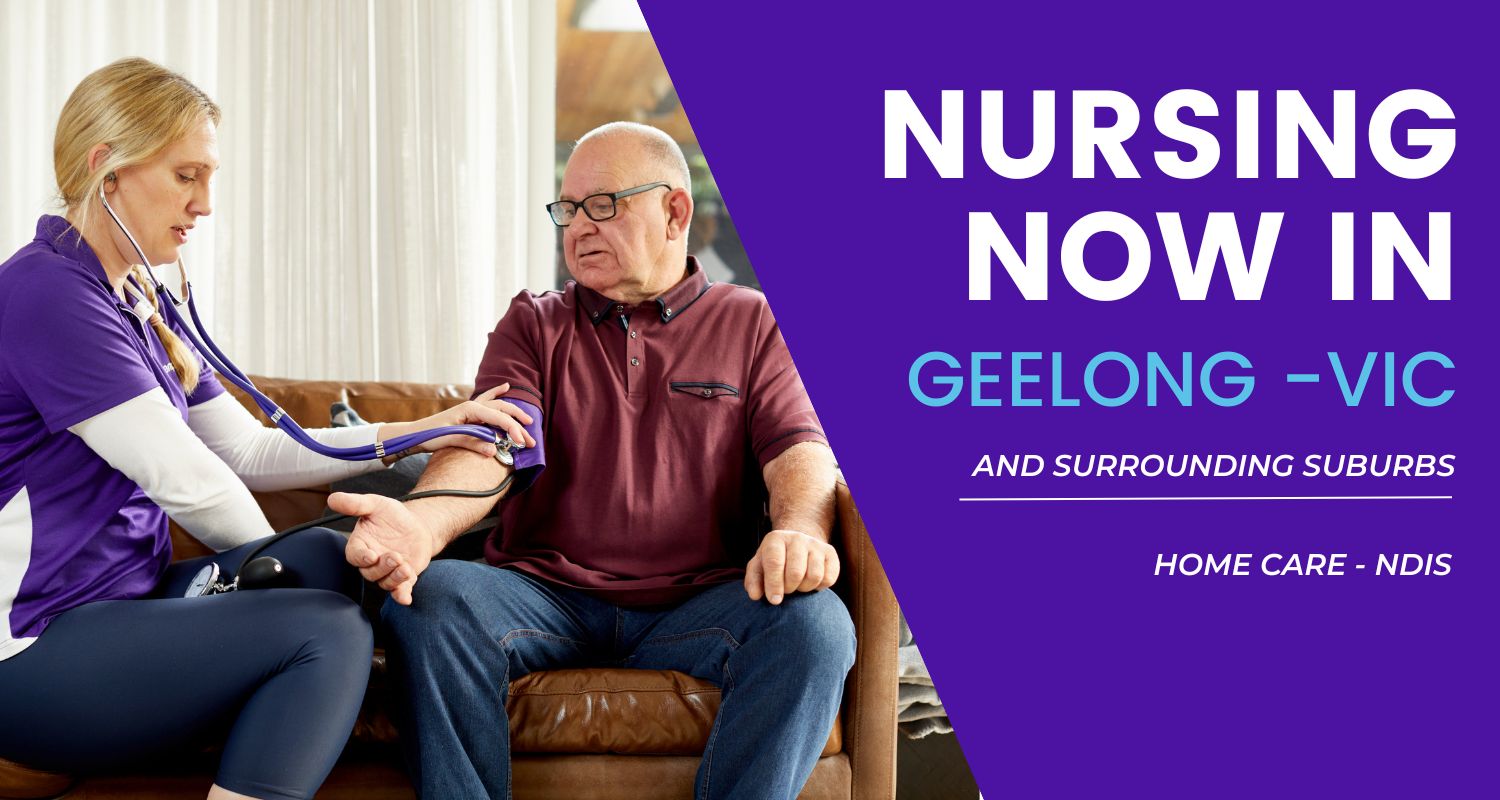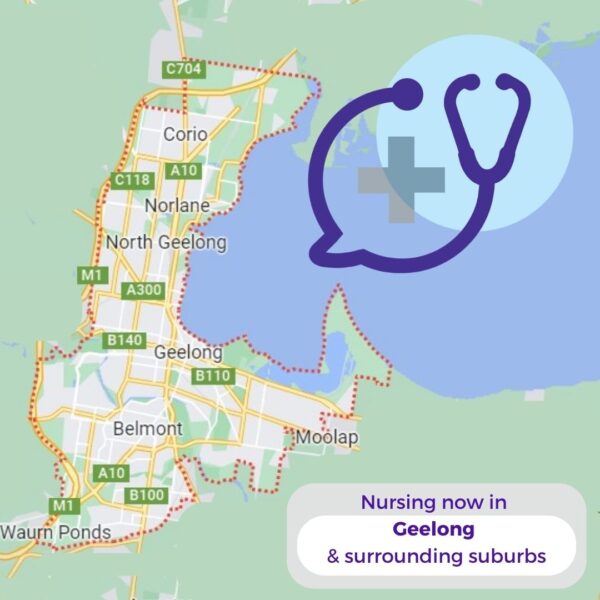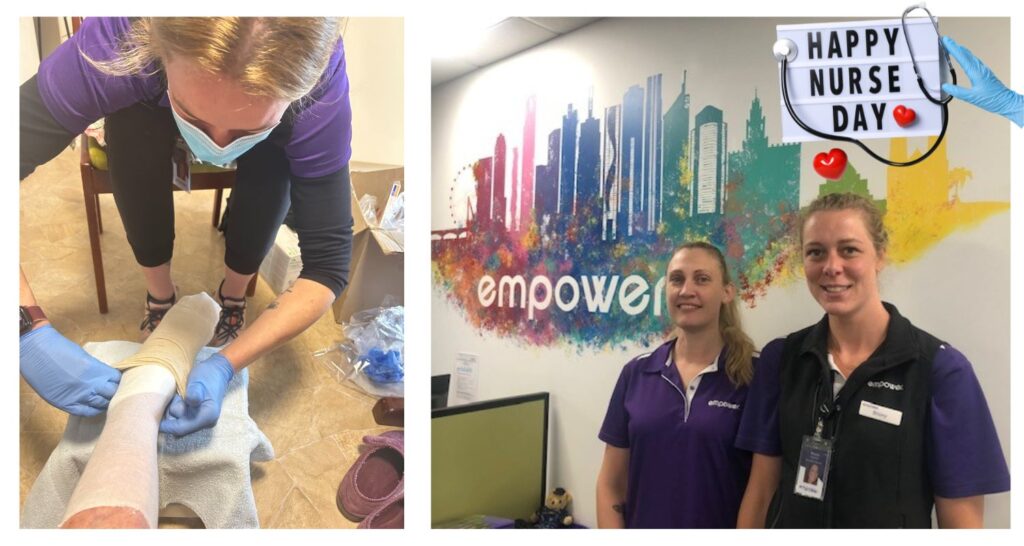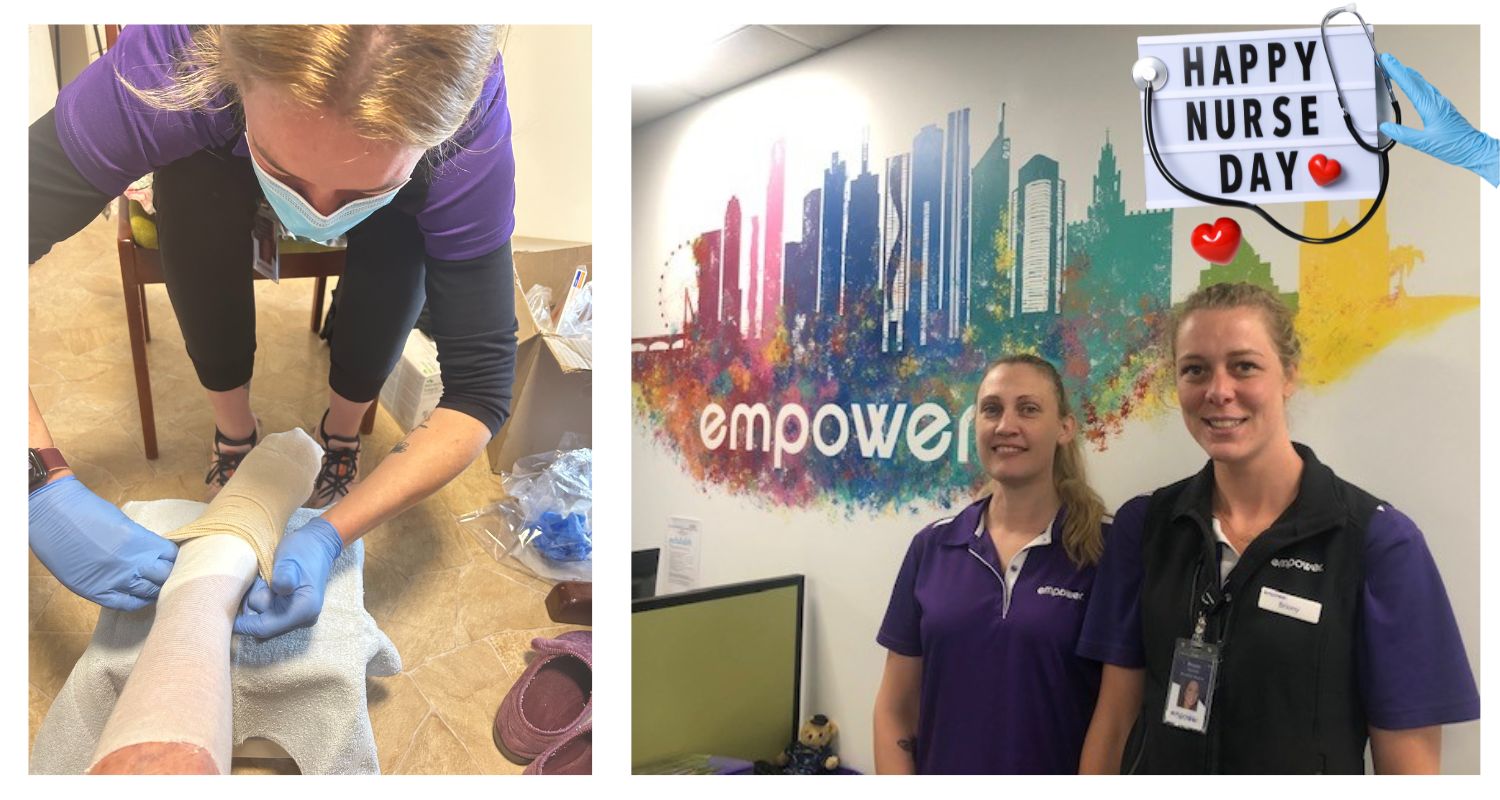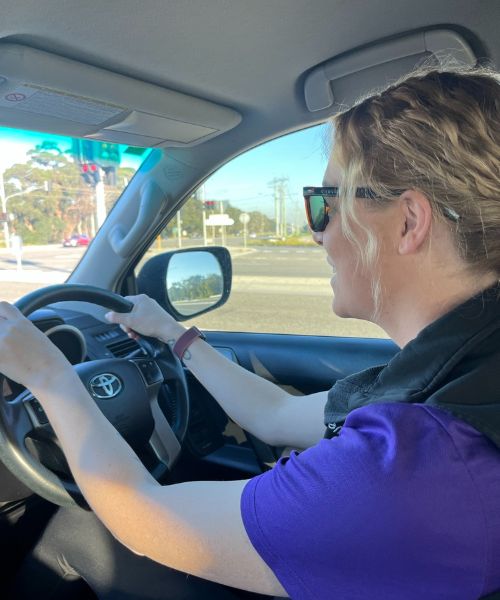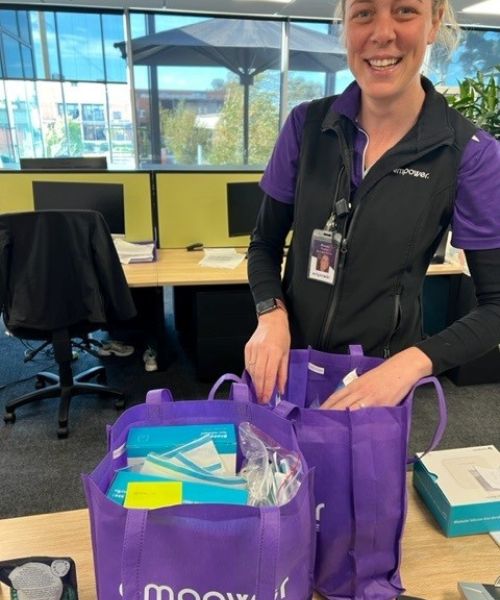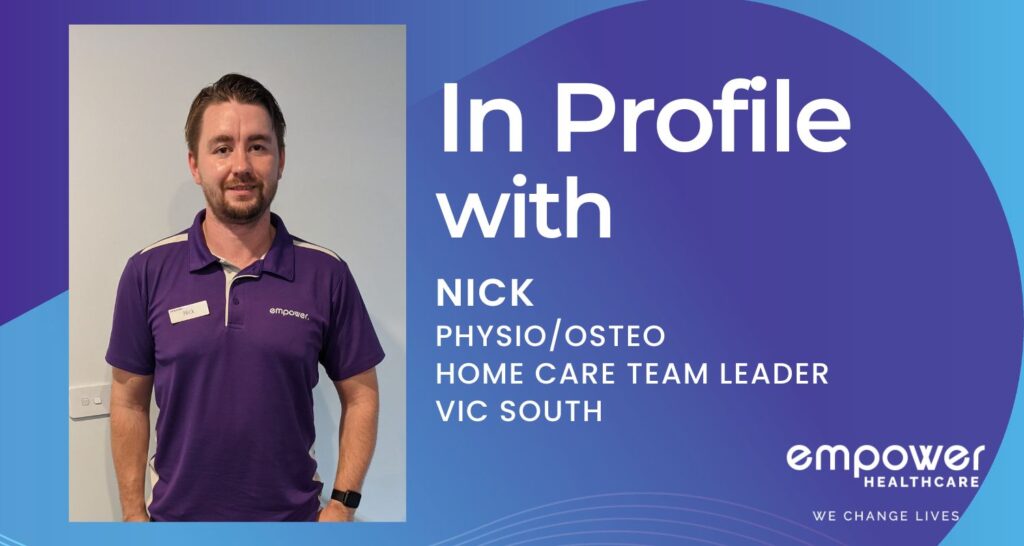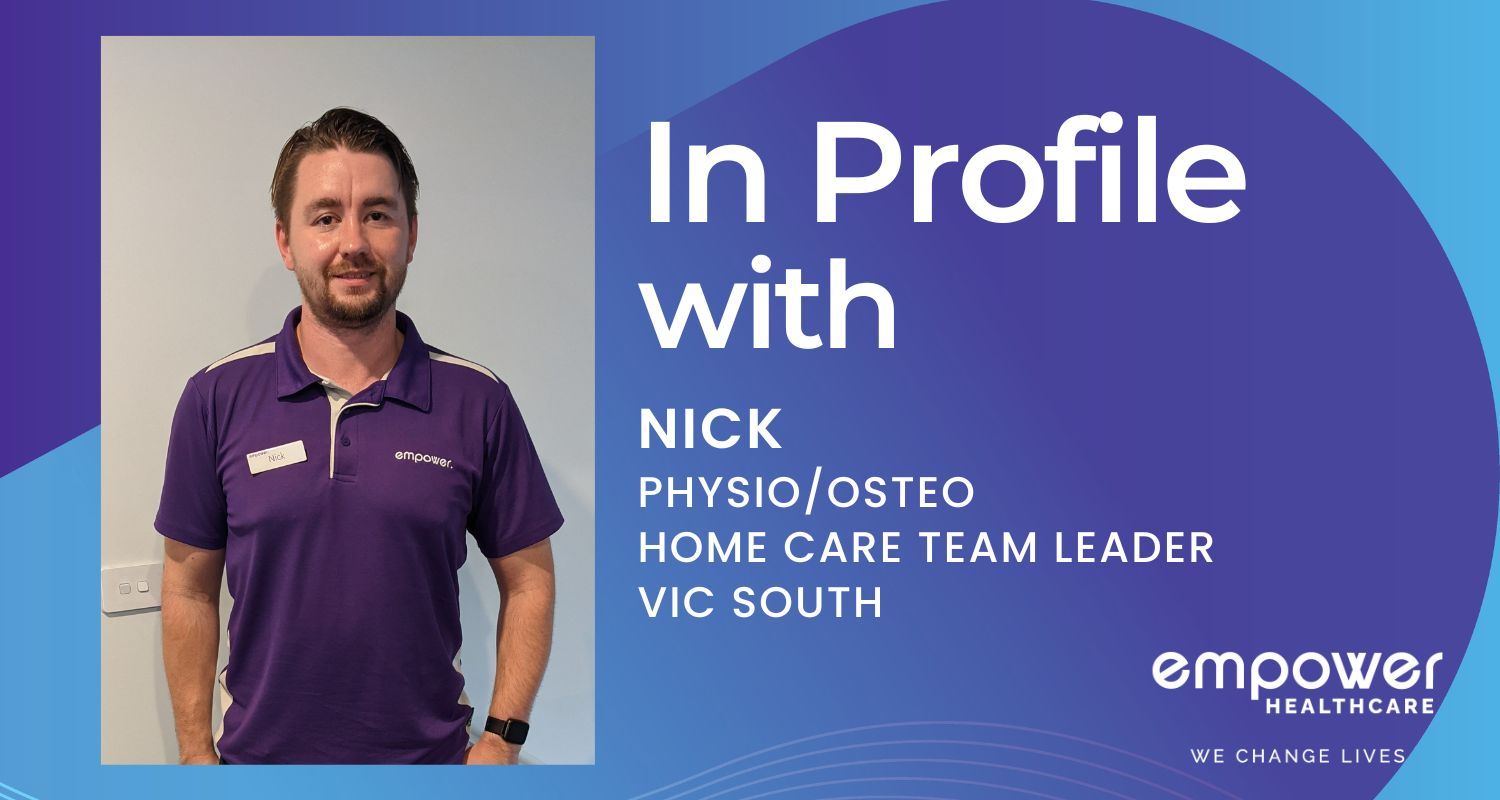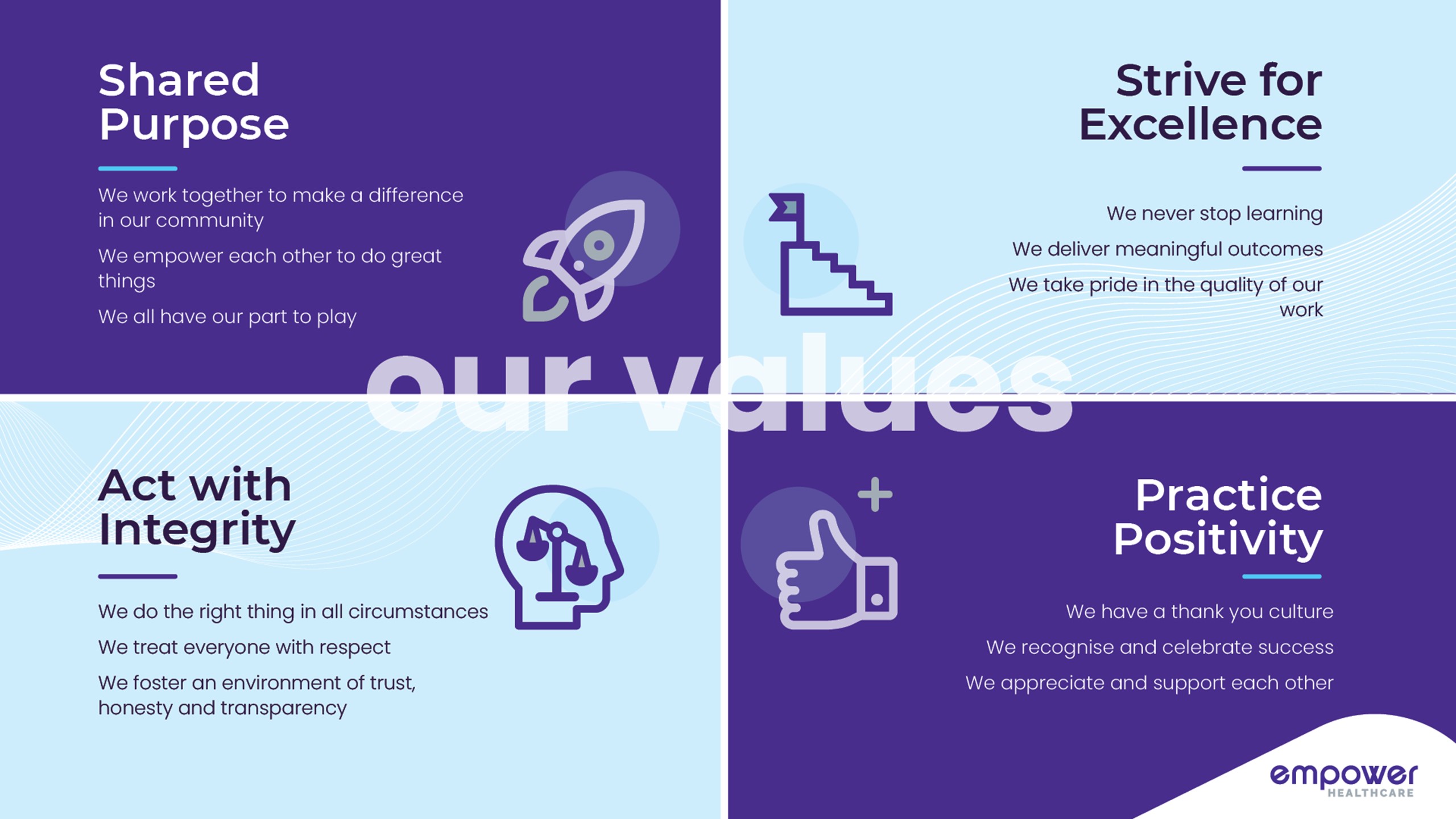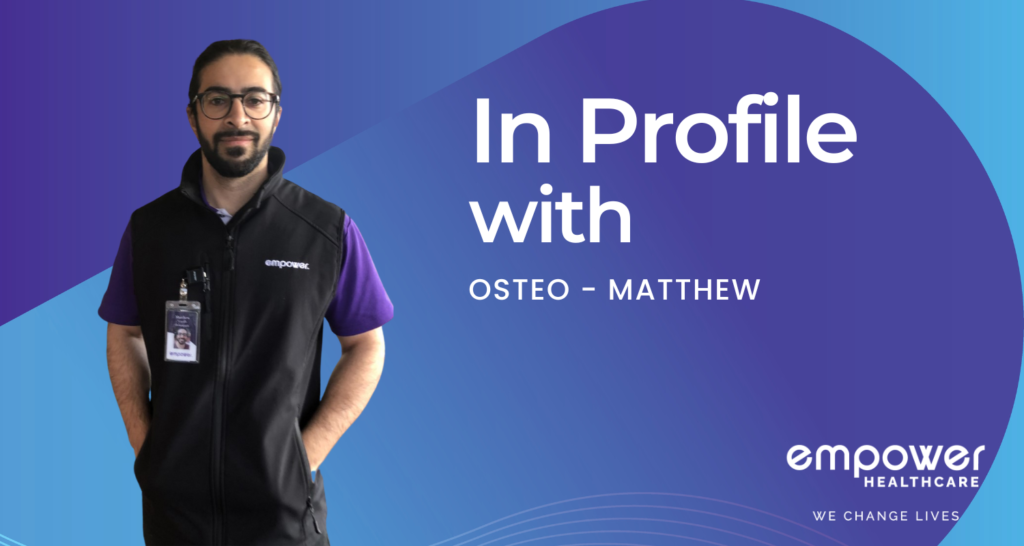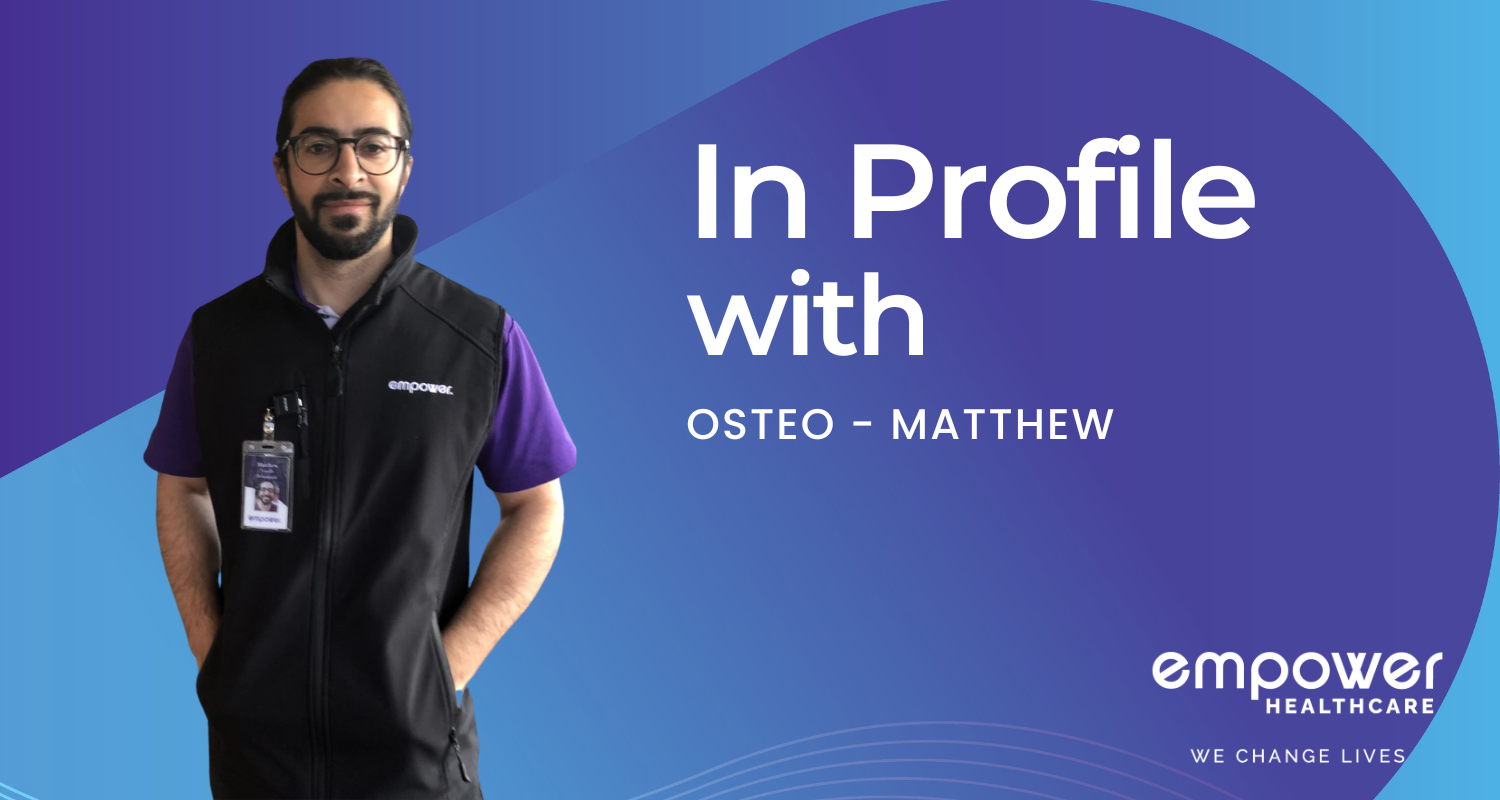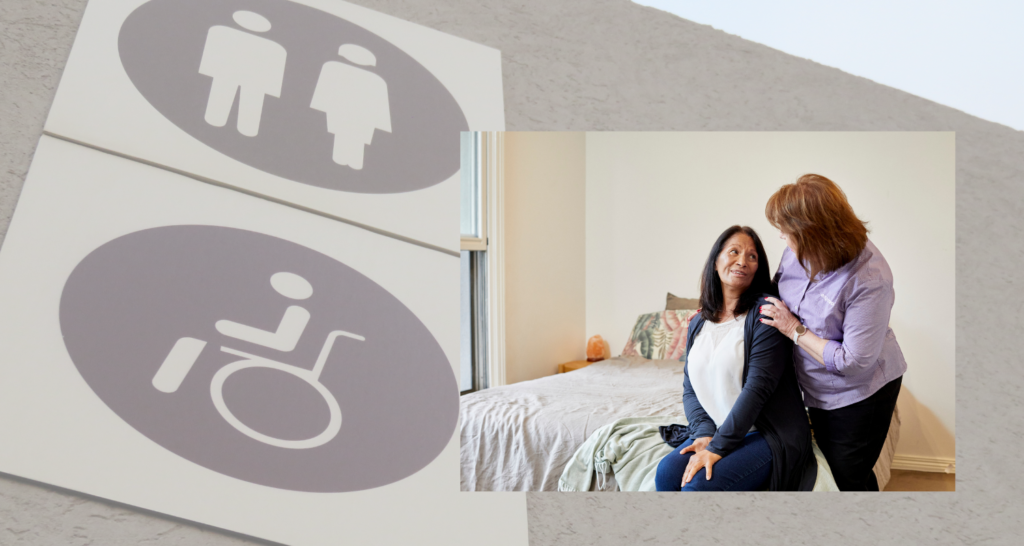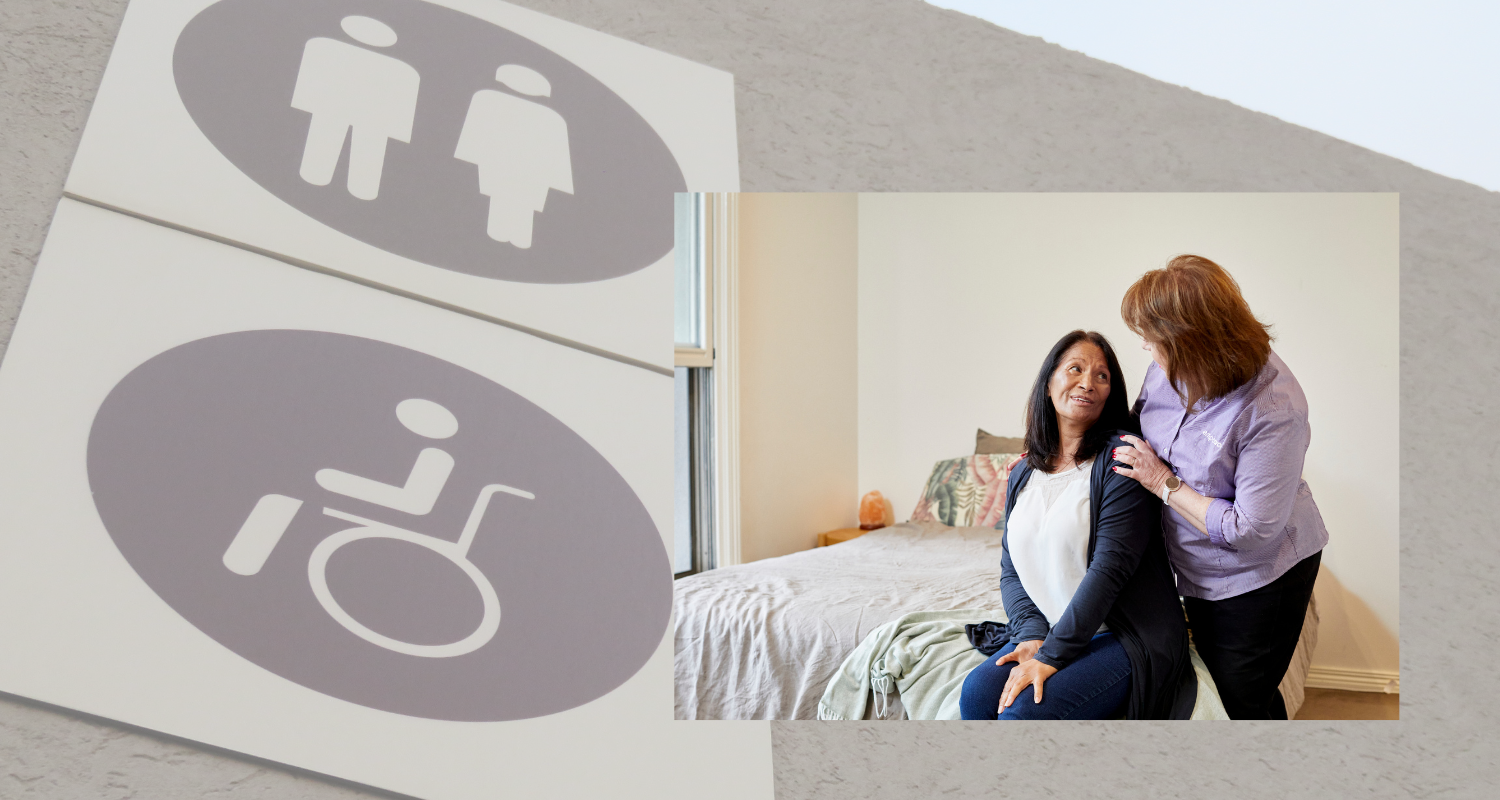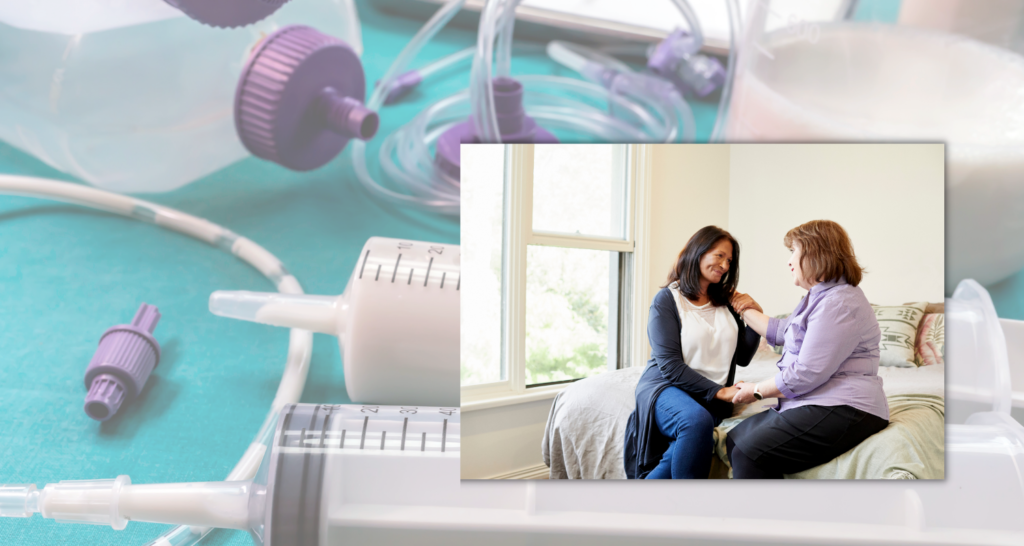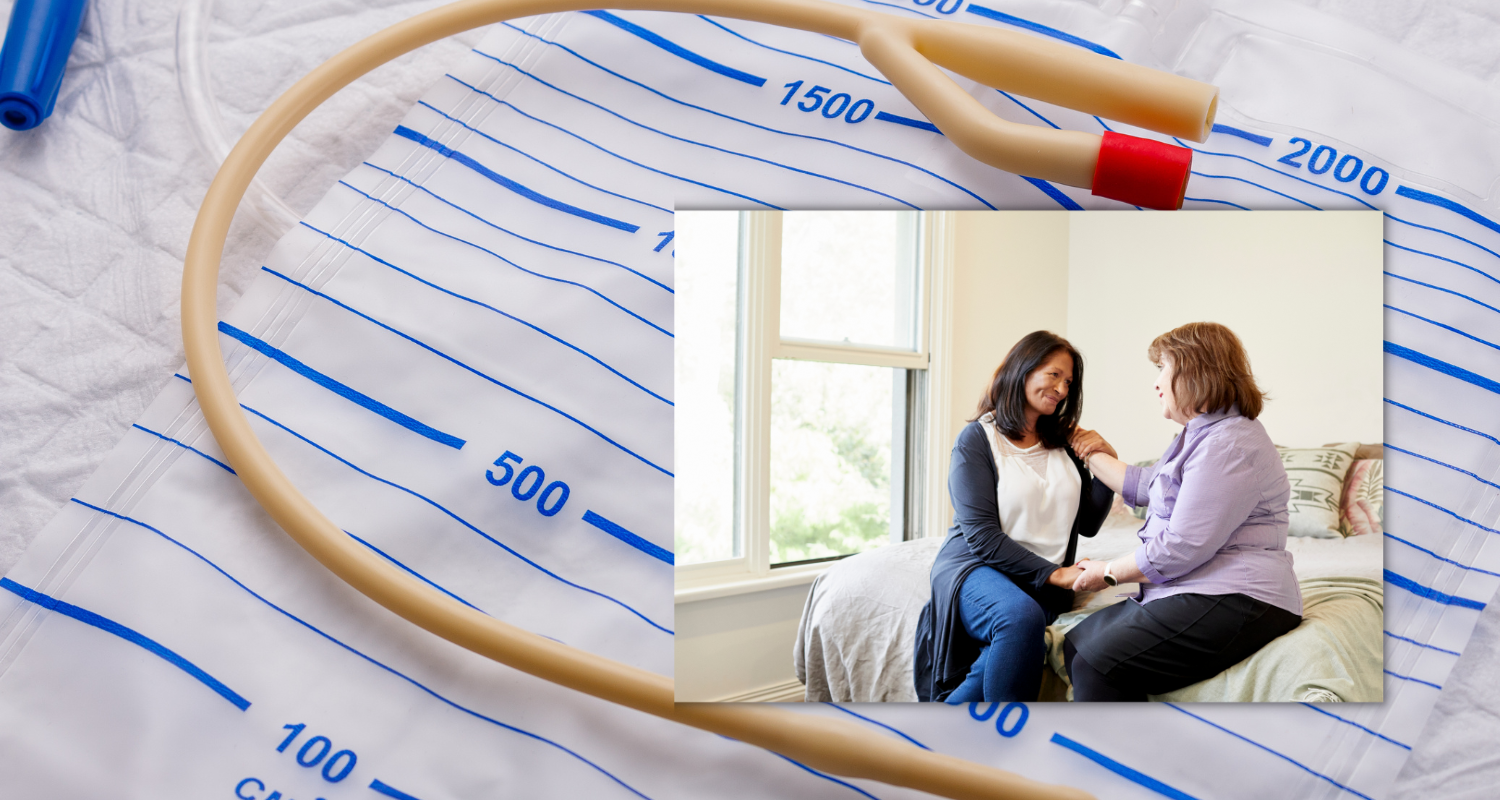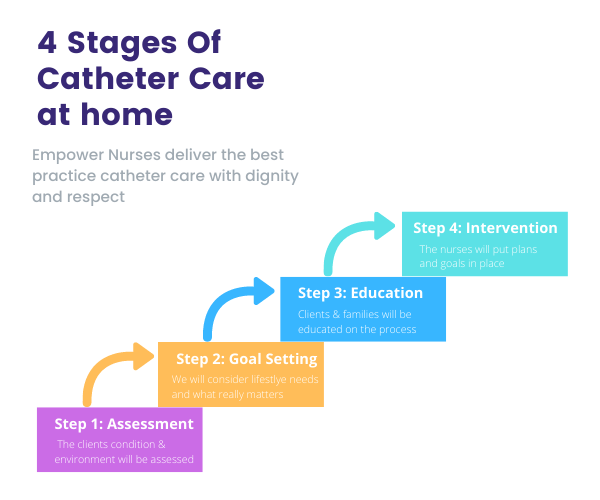Restorative Care Goal Plans Through Purposeful Nursing Support
At Empower, our nursing team is committed to delivering care that not only supports participants in the moment but strengthens their ability to thrive long-term.
As part of this commitment, our nurses are available to provide comprehensive assessments and nursing goal planning under Restorative Care Program (RCP) funding. If you believe this support may be beneficial, please contact our team, and we will work with you to determine how we can best implement this for you.
🌿 Why Goal Planning Matters in Restorative Care
Creating a goal plan is a cornerstone of the Restorative Care Pathway. Unlike traditional care plans, which often focus on managing existing needs, restorative care goal plans are designed to help participants maintain or regain function, build confidence, and prevent decline wherever possible.
This approach shifts the focus from “what support is needed today” to “what outcomes are possible over the next 16 weeks” a subtle but powerful change that places the participant’s aspirations at the centre of every decision.
🤝 A Collaborative, Person‑Centred Process
As restorative care partners, our nurses work closely with each participant and their multidisciplinary team to develop a clear, achievable set of goals. This collaborative process includes:
- Comprehensive nursing assessments to understand current strengths, challenges, and functional capacity
- Meaningful conversations that explore what matters most to the participant
- Input from allied health professionals to ensure goals are clinically sound and holistically supported
- A structured 16‑week timeframe that keeps progress focused and measurable
The result is a personalised roadmap that outlines not only the goals themselves but also the services, supports, and strategies required to achieve them.
📝 Replacing the Traditional Care Plan – With Purpose
While the goal plan replaces the traditional care plan, it still includes all the essential elements needed to deliver safe, effective, person centred care. What makes it different is its forward looking design. Instead of simply documenting care tasks, the goal plan:
- Identifies functional goals that are meaningful and achievable
- Details the interventions required to support progress
- Encourages active participation and self‑management
- Promotes collaboration across the care team
- Provides a clear structure for reviewing and celebrating progress
This approach empowers participants to take an active role in their own wellbeing, supported by a nursing team that understands their goals and is committed to helping them succeed.
🌟 Empower’s Commitment to Restorative Care
Our comprehensive assessments and goal planning under RCP funding reflects our dedication to continuous improvement and innovation in community nursing. By embedding restorative principles into our everyday practice, we’re helping participants build resilience, independence, and quality of life.
Restorative care isn’t just a model, it’s a mindset. And at Empower, it’s one we’re proud to champion – please speak to our team or refer now.
MORE BLOGS
Living life to the full after Ostomy surgery
Nutrition and the immune system
Get Started With Our Home Care & NDIS Services
Simply click on the image below for our referral form.
…






